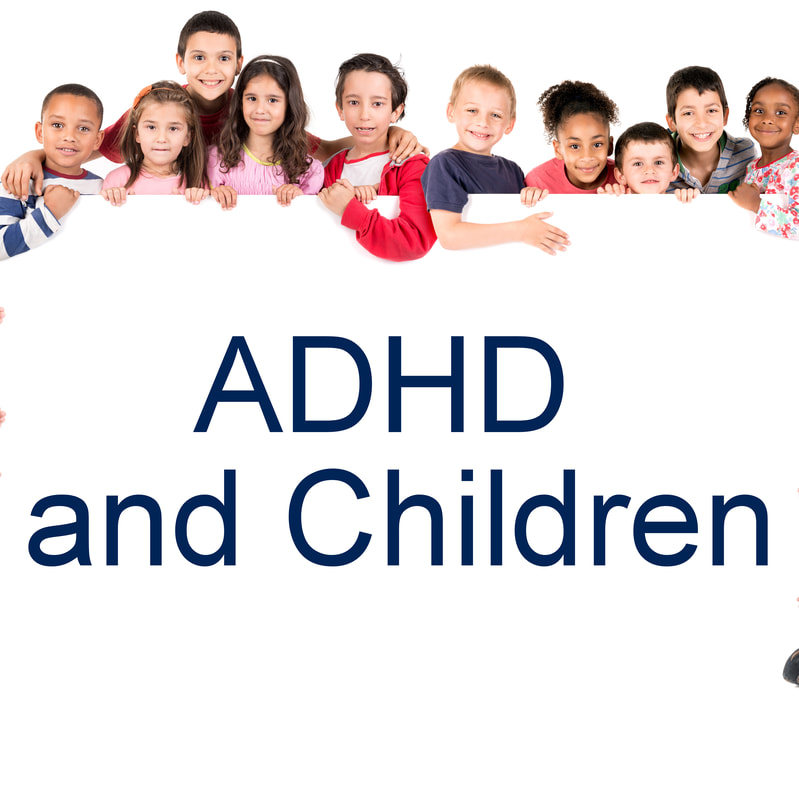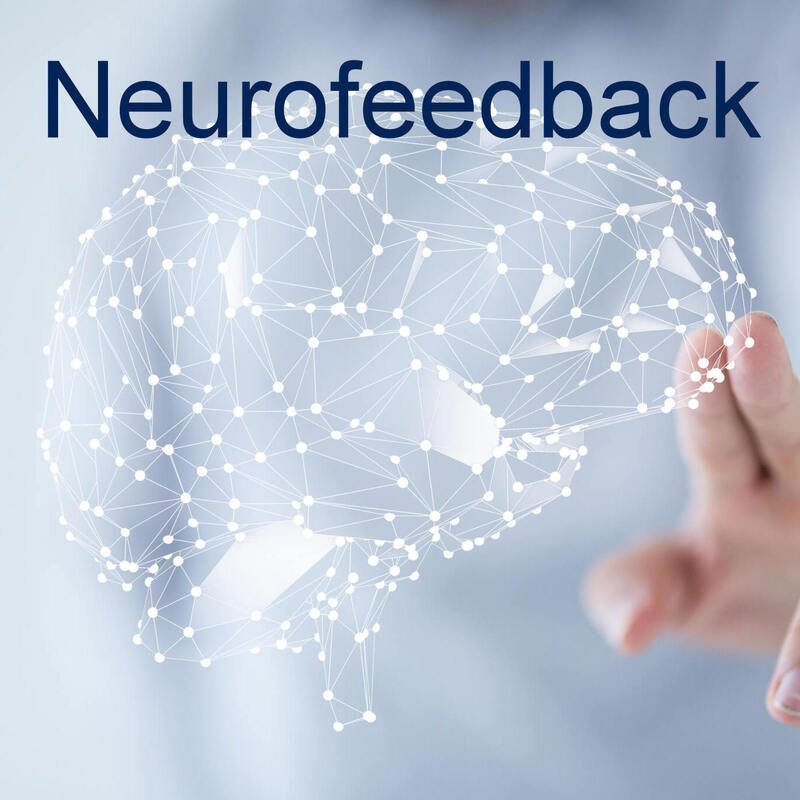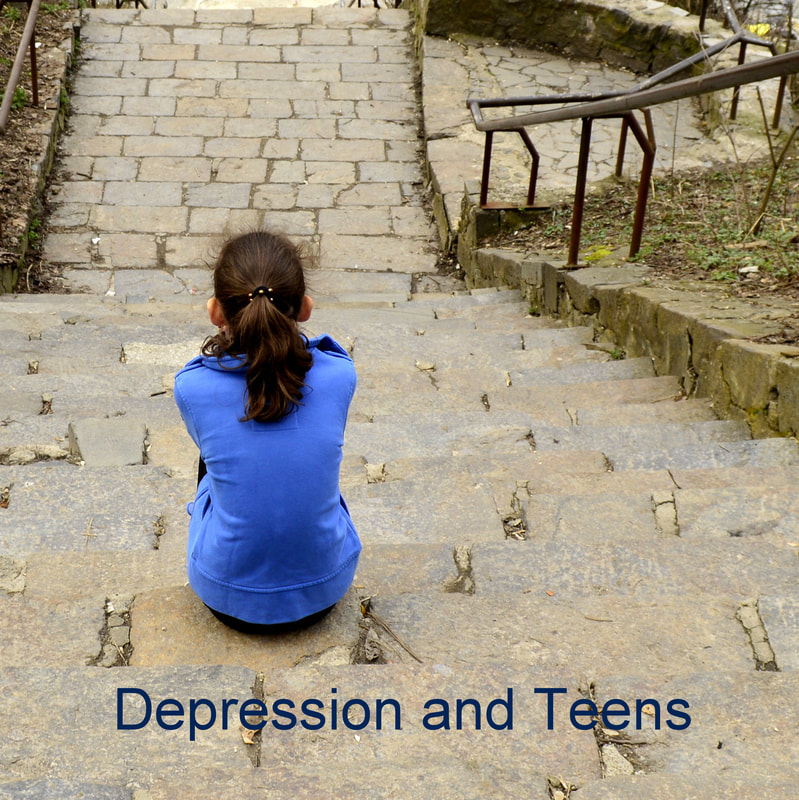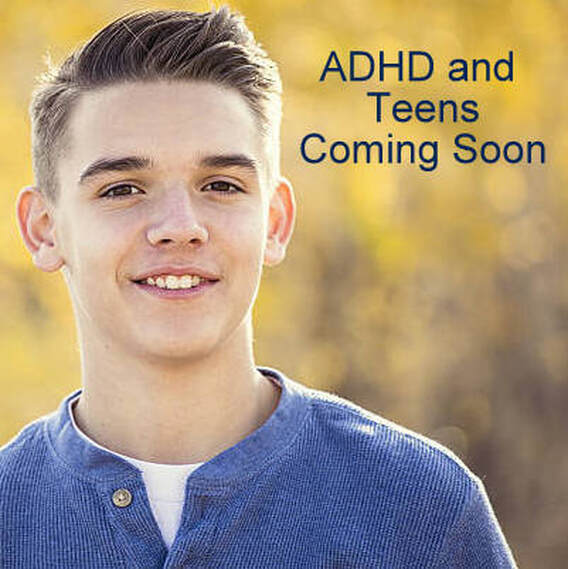"It's easier to build strong children than to repair broken men."
Frederick Douglass

Childhood is a period of discovery, growth, adventure, challenges, and uncertainty. Children may look like little adults, but in fact they are fundamentally different. The frontal lobes of their brain will go through a significant growth period beginning at age 11 or 12 and continuing until their early 20's. Before that time, everything controlled by this part of their brain remains immature. This includes their ability for empathy, impulse control, and managing their emotions. Furthermore, they have little to no experience with most situations, so they have no preconceptions of what is possible or practical. They live in a world that is always new, with infinite possibilities. They are often readily exited and happy to engage, however they are also spontaneous, easily distracted, and they are not trained to apply familiar concepts to new situations. This is one of the reasons why children require a substantial amount of repetition and guidance. In addition, children are constantly evolving at a rapid pace, with substantial changes taking place in only weeks or months regarding their preferences, thoughts, feelings, and abilities. These differences make them beautiful and unique, and also pose challenges to communicating our needs and managing expectations.
Therapy with children is very different from the talk therapy we engage in with adolescents and adults. Most children do not have the advanced language skills to express the complexity of what they are feeling or thinking. Even a child with strong conversational and pragmatic language may struggle when it comes to identifying and expressing complex emotions. Sometimes when children don't have the words to express how they feel they may act out these feelings in ways that are problematic, such as temper tantrums, yelling, hitting, or throwing things. Sometimes the feelings may be expressed in other ways, such as difficulty sleeping, crying, fears of being alone, school avoidance, or physical symptodms.
Therapy with children is very different from the talk therapy we engage in with adolescents and adults. Most children do not have the advanced language skills to express the complexity of what they are feeling or thinking. Even a child with strong conversational and pragmatic language may struggle when it comes to identifying and expressing complex emotions. Sometimes when children don't have the words to express how they feel they may act out these feelings in ways that are problematic, such as temper tantrums, yelling, hitting, or throwing things. Sometimes the feelings may be expressed in other ways, such as difficulty sleeping, crying, fears of being alone, school avoidance, or physical symptodms.

Young children cope with emotions by acting out their thoughts and feelings. A play therapist creates a safe space where children can "play it out" rather than acting it out in their real life situations. The therapists' role is to provide the child with undivided attention and the freedom to safely do or say anything at all. The therapist helps the child as they play by identifying, validating, and articulating feelings. In a play therapy office you might find board games, families of dolls, knights, princesses, animal figurines, slime, sand, dollhouses, cars, puppets, art supplies, castles, blocks, toy food: any items that stimulate imaginary expression and play. Most young children eventually will draw or play out dramas that mirror problems and concerns from their real lives. When this happens, it is the role of the therapist to be a bridge to the parents, communicating what they observe in session and assisting with guidance and support. Play can be an exceptional tool for expressing thoughts and feelings that are hard to directly put into words.
Older children may not be appropriate for play therapy, but may not yet be ready for traditional "talk therapy." The therapist may assist them by providing structure during the session through writing exercises, card or board games, or utilizing their world - i.e social media apps, video games, music, videos, or books to help them find appropriate and helpful vehicles for expression.
Older children may not be appropriate for play therapy, but may not yet be ready for traditional "talk therapy." The therapist may assist them by providing structure during the session through writing exercises, card or board games, or utilizing their world - i.e social media apps, video games, music, videos, or books to help them find appropriate and helpful vehicles for expression.

Parents play an integral role in child therapy. Children are deeply connected to their families, and spend more time with them then with anyone else. Parenting sessions help us to connect you and your spouse to get on the same page, identify concerns, develop a consistent process for rewards and consequences, and increase support. Wavelengths focuses on strength-based approaches through the use of encouragement and praise, mindfulness, role-modeling, and lots of "time in" and togetherness.
Childhood is a brief time of tremendous learning and development. Young children often just want to be taken seriously, to be included, respected, and heard. They strive to have a meaningful role in our lives and an important place in the family. At the same time, they require consistency, rules, and clear expectations. All children and families are unique, and prosper from an individualized therapeutic approach that is specifically tailored to meet their needs.
Childhood is a brief time of tremendous learning and development. Young children often just want to be taken seriously, to be included, respected, and heard. They strive to have a meaningful role in our lives and an important place in the family. At the same time, they require consistency, rules, and clear expectations. All children and families are unique, and prosper from an individualized therapeutic approach that is specifically tailored to meet their needs.
Clinicians who provide child therapy at Wavelengths:
Want to Learn More? Check out the links below.
Our website is actively growing and we are still adding educational pages.
If you don't see one you are looking for, please check back in a few weeks or contact us!
Our website is actively growing and we are still adding educational pages.
If you don't see one you are looking for, please check back in a few weeks or contact us!








